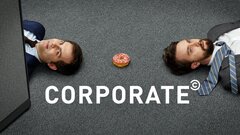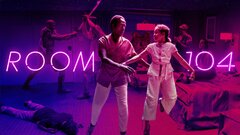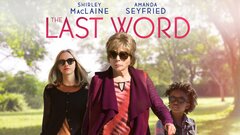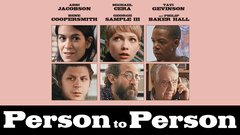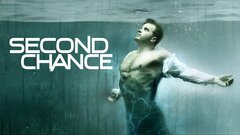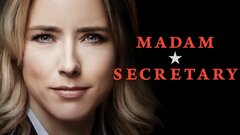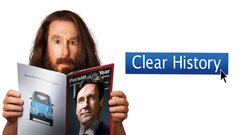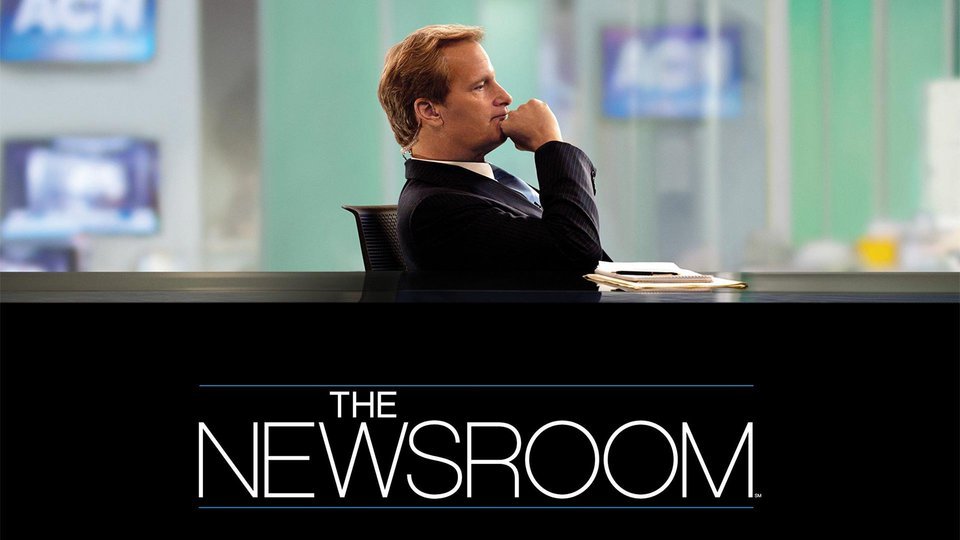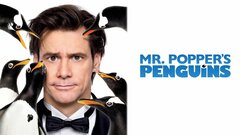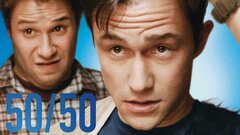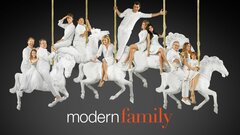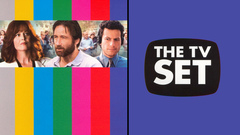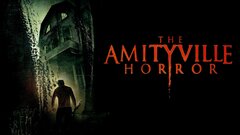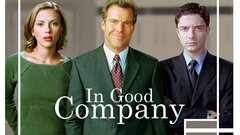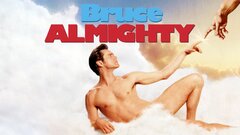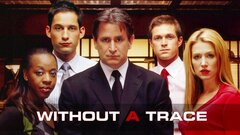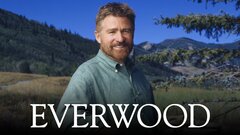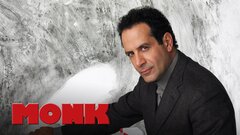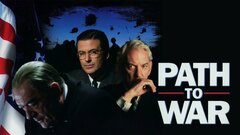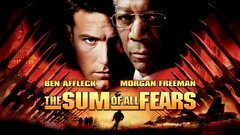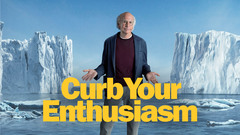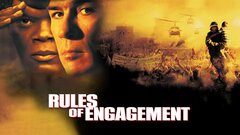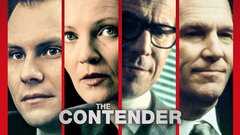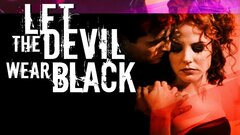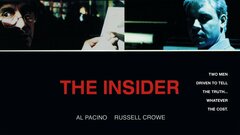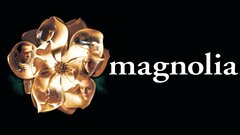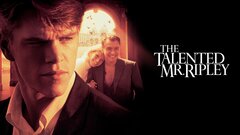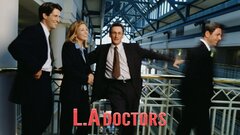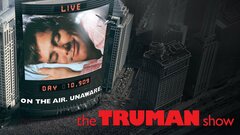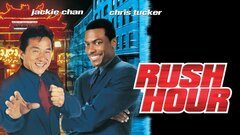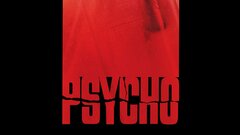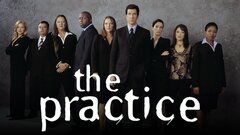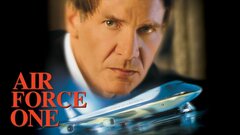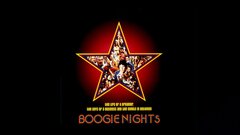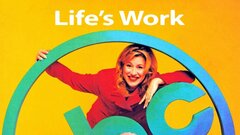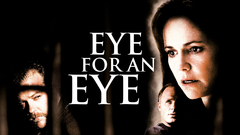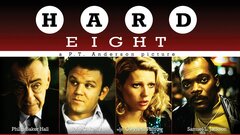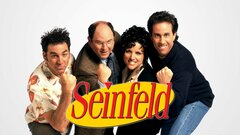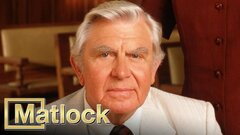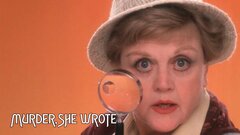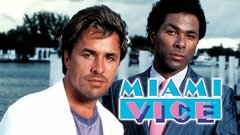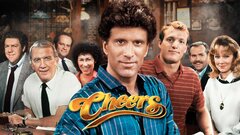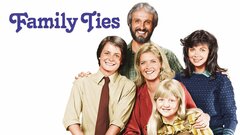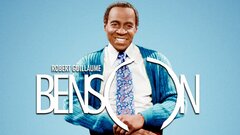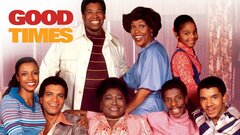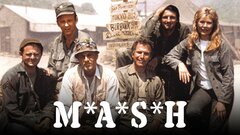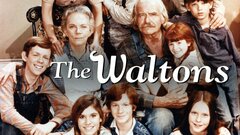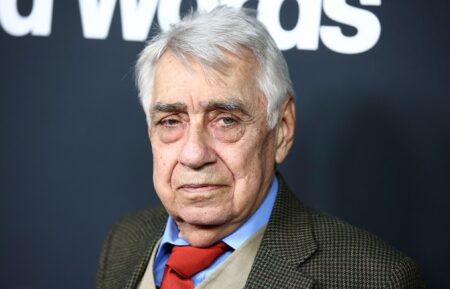A classic late-bloomer who launched his career well after most others had come and gone, actor Philip Baker Hall was one of few performers of a certain age able to achieve Hollywood stardom. After starting a family and teaching high school English for a living, Hall changed course to become a prominent theater actor, landing roles both on and off-Broadway while slowly carving out a career on screen.
He had a number of less-than-memorable appearances before landing his breakout role as a demented Richard Nixon in the one-man show, "Secret Honor" (1983), which director Robert Altman turned into an acclaimed but often overlooked film the following year. But the industry recognition he received led to bigger and better roles. Hall landed supporting parts in films like "Midnight Run" (1988) and "Say Anything" (1989), and played the fast-talking Lt. Bookman in a classic third season episode of "Seinfeld" (NBC, 1989-1998).
But it was his relationship with writer-director Paul Thomas Anderson that propelled Hall into a popular and widely recognized performer. Starting with Anderson's short film, "Coffee and Cigarettes" (1992), which was later turned into the feature-length "Hard Eight" (1996), Hall appeared in a number of the director's films, including "Boggie Nights" (1997) and most notably "Magnolia" (1999). From there, Hall was in-demand as a character actor, landing big movies like "The Insider" (1999), "The Sum of All Fears" (2002), "Bruce Almighty" (2003) and "Zodiac" (2007), defying the odds and proving that sometimes life could really begin after 60.
Born on Sept. 10, 1931 in Toledo, OH, Hall was on the path to a so-called normal life as a teacher before he branched out later in life to become an actor. Hall performed in productions while in high school and at the University of Toledo prior to joining the army, but never considered turning it into a career until he was settled into marriage, children and his day job teaching high school.
Moving to New York with his family, he began banging on doors, naively asking indifferent casting directors and stage managers to give him a shot. He was finally given his opportunity when he landed an understudy role for the Theatre Guild Company, which was then being steered by Helen Hayes, Leif Erickson and June Havoc. In 1961, Hall appeared as the Leader in "Donogo" at the Greenwich Mews Theatre, before landing a role in a production of "In White America" (1965).
Having enjoyed moderate success in productions both on and off-Broadway, Hall made the jump to the screen the following decade with a role in "Cowards" (1970), an anti-war picture about a potential draft dodger (John Rose) which was quickly forgotten shortly after its release. Eventually realizing that all of his friends had gone to Hollywood, Hall decided to follow suit and moved to Los Angeles in 1975. Though in the right place for a film and television career, the actor chose instead to remain in theater, becoming involved with the L.A. Actors Theatre while landing juicy roles in "The Petrified Forest" and the Arthur Miller triumvirate "All My Sons," "Death of a Salesman" and "The Crucible."
Hall began carving out a living with unglamorous small roles in film and television, making his television movie debut in "Mayday at 40,000 Feet!" (CBS, 1976) and starring opposite Patrick Duffy in the pilot episode of the short-lived sci-fi series, "Man from Atlantis" (NBC, 1977-78). He next made his miniseries debut with "The Bastard" (syndicated, 1978), a fictionalized accounting of the Revolutionary War as seen from the perspective of the illegitimate son of a French nobleman. Back on the stage, Hall co-wrote with James Shepard and co-directed "The Far Side of a Very Thin Line" (1978), which was performed at the Mark Taper Forum in Los Angeles. Meanwhile, he had less-than-glamorous supporting roles in "Terror Out of the Sky" (CBS, 1978) and "Samurai" (ABC, 1979).
Hall continued to appear in random projects like "The Last Reunion" (1980) and "Dream On" (1981), before gaining widespread attention for his visceral portrayal of an emotionally naked Richard Nixon in the provocative one-man stage show, "Secret Honor" (1983), which garnered a Drama Desk nomination and caught the eye of director Robert Altman. Though initially reluctant, he reprised his semi-deranged Nixon onscreen in Altman's tour-de-force "Secret Honor" (1984), where Hall railed against Alger Hiss, Fidel Castro, Dwight Eisenhower, Henry Kissinger and anyone named Kennedy, while drinking steadily and holding onto a loaded weapon.
Though considered an Oscar contender, very few saw the film, leaving Hall overlooked. Instead of using the exposure as a building block for a more prominent film career, he remained content to return to the theater. Still, "Secret Honor" was a major breakthrough for the struggling character performer, who began landing more prominent roles. Following a role as a detective investigating a store robbery in "Three O'Clock High" (1987), Hall appeared in a bit part opposite Robert De Niro and Charles Grodin in the hit comedy "Midnight Run" (1988).
Hall continued to churn out character roles in major films, playing a no-nonsense IRS man in Cameron Crowe's engaging teen romance "Say Anything" (1989), the police commissioner of New York City in "Ghostbusters II" (1989), and a judge in the Tom Selleck vehicle, "An Innocent Man" (1989). He had a memorable guest starring turn in a 1991 episode of "Seinfeld" (NBC) as Lt. Bookman, the library cop who confronts Jerry about a copy of Henry Miller's Tropic of Cancer that had been checked out since 1971.
But it was his relationship with director Paul Thomas Anderson that propelled his career to new heights. The pair met during the making of the PBS special "Campus Culture Wars: Five Stories About PC" (1993), on which Anderson was a production assistant. A fan since "Secret Honor," Anderson wrote a part specifically for Hall for his short film, "Cigarettes and Coffee" (1992), which played at Sundance in 1993 and earned the director the chance to develop the material further through the festival's workshop.
Eventually "Cigarettes and Coffee" became "Hard Eight" (1996), and starred Hall as an enigmatic professional gambler from Reno who becomes a father figure to a young, down-on-his-luck drifter (John C. Reilly). Anderson demonstrated unshakable loyalty to Hall when producers who loved the script wanted the likes of Gene Hackman and John Cusack for the role, which the actor returned by delivering a quiet, melancholy performance that earned the film's strongest notices.
Co-stars Reilly, Gwyneth Paltrow and Samuel L. Jackson also garnered praise for their ensemble work in the four-character drama. Finally, Hall's screen career began heating up with the remake of "Kiss of Death" (1995), which featured him as the dying father of a ruthless crime boss (Nicolas Cage). He followed with the John Schlesinger revenge drama "Eye for an Eye" (1996), playing a bereaved father-turned-vigilante, and the would-be noir "Hit Me" (1996), in which he had a supporting role as a crafty hotel executive who doubles as the boss of a gambling operation.
The success of "Hard Eight" had finally opened eyes to the actor's talents, as Anderson spoke of nurturing a director-star relationship with Hall comparable to that between John Ford and John Wayne or Martin Scorsese and Robert De Niro. The director remained loyal to his friend and cast Hall in his second feature, "Boogie Nights" (1997), though the role of a businessman who warns producer Burt Reynolds about the impending porn video boom was not one of the central performances. Having become one of the most sought-after character actors in the business, Hall enjoyed parts as the U.S. attorney general in Wolfgang Petersen's thriller "Air Force One" (1997), as the sheriff in Gus Van Sant's ill-fated remake of "Psycho" (1998), as a network executive in Peter Weir's "The Truman Show" (1998), and as a police captain in "Rush Hour" (1998).
He was everywhere at once at the end of 1999, appearing in four major holiday releases. In his third feature with Anderson, "Magnolia," he played Jimmy Gator, a game show host who has recently discovered he has cancer. In Michael Mann's "The Insider" (1999), Hall was "60 Minutes" executive producer Don Hewitt, who caves under corporate pressure to re-edit an interview with tobacco whistleblower Jeffrey Wigand (Russell Crowe) despite the vehement objections of producer Lowell Bergman (Al Pacino). Hall continued his successful year playing a steel baron married to a countess (Vanessa Redgrave) in Tim Robbins' "Cradle Will Rock" (1999), and a detective sent to Europe by the father of one of Matt Damon's victims in "The Talented Mr. Ripley" (1999).
He showed no signs of slowing down in the new millennium, portraying an American general in William Friedkin's "Rules of Engagement" (2000) and a Catholic priest with a secret in "Lost Souls" (2000); the latter being the directorial debut of two-time Oscar-winning cinematographer, Janusz Kaminski. Baker's formidable presence added luster to a variety of films, playing the father of a vice presidential pick (Joan Allen) involved in a sex scandal in the political drama "The Contender" (2000). Following the Tom Clancy military potboiler "The Sum of All Fears" (2002), he appeared in the zany Jim Carrey comedy "Bruce Almighty" (2003) as a crusty television station manager.
His "Seinfeld" performance earned the actor a recurring role as Larry David's curmudgeonly physician, Dr. Morrison, on "Curb Your Enthusiasm" (HBO, 2000- ). Meanwhile, Hall was next featured in the well-received comedy-drama, "In Good Company" (2004), starring Topher Grace, Dennis Quaid and Scarlett Johansson. Meanwhile, he played Father McNamara in the remake of the horror classic, "The Amityville Horror" (2005), who tries to exorcise evil spirits that possess the house and force its occupants to commit grisly murders. After playing Chief Franklin Perkin in the limited release, "The Zodiac" (2005), Hall portrayed handwriting analyst Sherwood Morrill in David Fincher's more widely seen version, "Zodiac" (2007).
He next had a guest spot on "Psyche" (USA Network, 2006-14), before playing a coach in the teen comedy "Fired Up" (2009) and landing a supporting role in the period mystery "All Good Things" (2010), starring Kirsten Dunst and Ryan Gosling. Philip Baker Hall died on June 12, 2022 in Glendale, CA at the age of 90.

